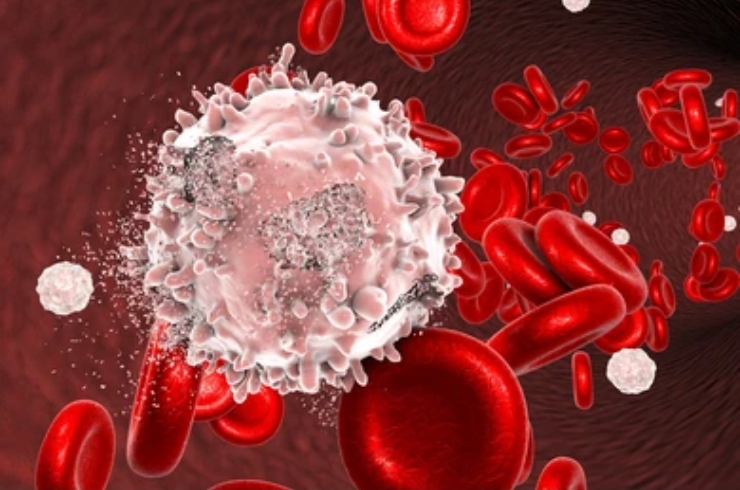Hematological Cancer Management

Hematological Cancer Management
Hematological cancers, also known as blood cancers, affect the blood, bone marrow, and lymphatic system. The main types include leukemia, lymphoma, and multiple myeloma. These cancers originate from the abnormal growth of blood cells, disrupting the normal production and function of healthy blood cells. Managing hematological cancers requires specialized expertise and a comprehensive treatment approach to control disease progression and improve patient outcomes.
The first step in hematological cancer management is an accurate diagnosis, which involves blood tests, bone marrow biopsies, imaging studies, and sometimes lymph node biopsies. Identifying the specific type and subtype of cancer is crucial to tailor the treatment plan effectively.
Treatment for blood cancers varies based on the type and stage but commonly includes chemotherapy, immunotherapy, targeted therapy, and stem cell transplantation. Chemotherapy uses drugs to kill cancerous cells or stop their growth, often administered over multiple cycles. Immunotherapy enhances the body’s immune system to recognize and attack cancer cells. Targeted therapies focus on specific molecules involved in cancer development, offering a more precise treatment with fewer side effects.
Stem cell transplantation is a critical treatment option, especially for aggressive or relapsed hematological cancers. It involves replacing damaged or destroyed bone marrow with healthy stem cells to restore normal blood cell production.
In addition to these treatments, supportive care plays an essential role in managing symptoms and side effects, such as infections, anemia, and bleeding problems. Regular monitoring and follow-up care are vital to detect any recurrence or complications early.
Dr. Amritjot Singh Randhawa is experienced in managing various hematological malignancies, combining advanced treatment protocols with compassionate care to improve survival and quality of life for his patients.